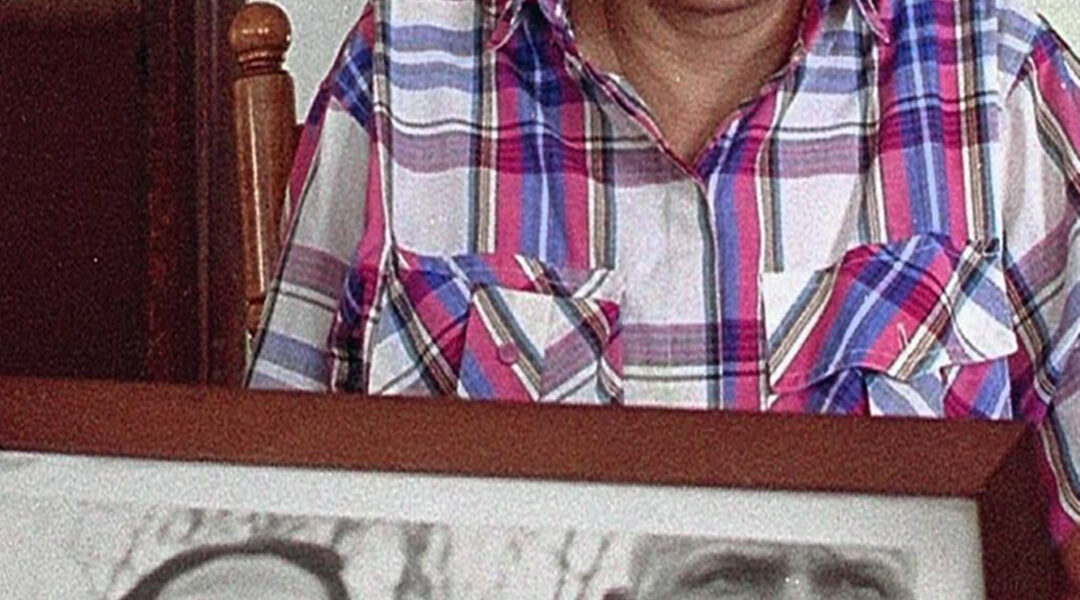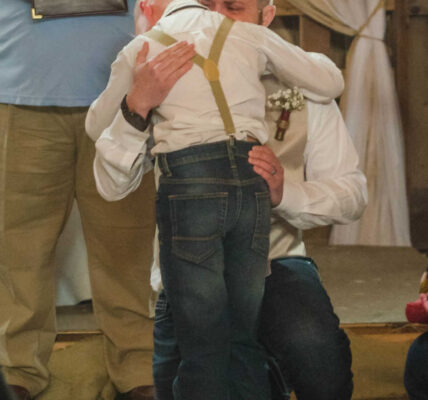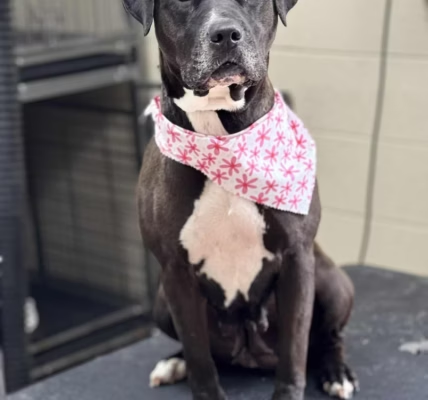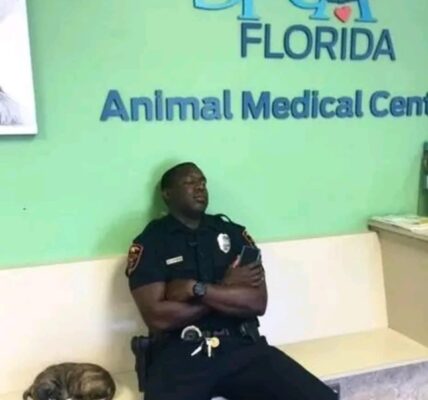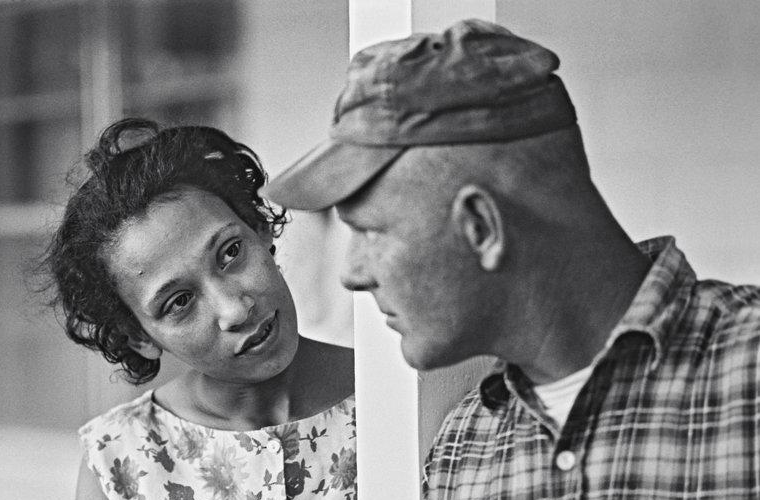
Richard Loving never looked like a man destined for history books. With his platinum-blonde crew cut, quiet voice, and unassuming manner, he could have passed for any small-town farmer in Virginia. His wife, Mildred, was equally unassuming—a gentle, shy woman of African American and Native American descent, with a smile that softened every room she entered.
They weren’t activists. They weren’t politicians. They weren’t trying to make a statement. They were simply two people who loved each other. But in 1958, in the quiet hours of one summer night, their love story was violently interrupted.
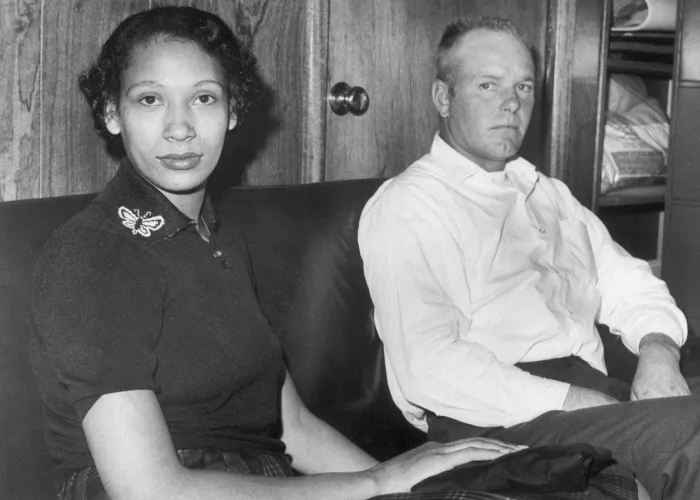
The Lovings were jolted awake by the glare of flashlights and the voices of police officers in their bedroom. Their crime was not theft, violence, or treason—it was marriage. Virginia’s Racial Integrity Act of 1924 declared their union illegal. Although they had legally married in Washington, D.C., where interracial marriage was permitted, their home state made it a felony.
Richard and Mildred were arrested and charged. The local judge offered them a choice: prison or exile. They chose exile, leaving behind the community they had always known, the farmlands where their families were rooted, and the place they called home. For the next five years, they lived in Washington, D.C., raising their three children in forced separation from the land that had shaped them.
But exile wore on them. They were not city people; they were country people. Their hearts remained in Central Point, Virginia. And though they lived quietly, the Civil Rights Movement was stirring across America, and with it, a sense of courage spread. Mildred, usually reserved, decided to act.
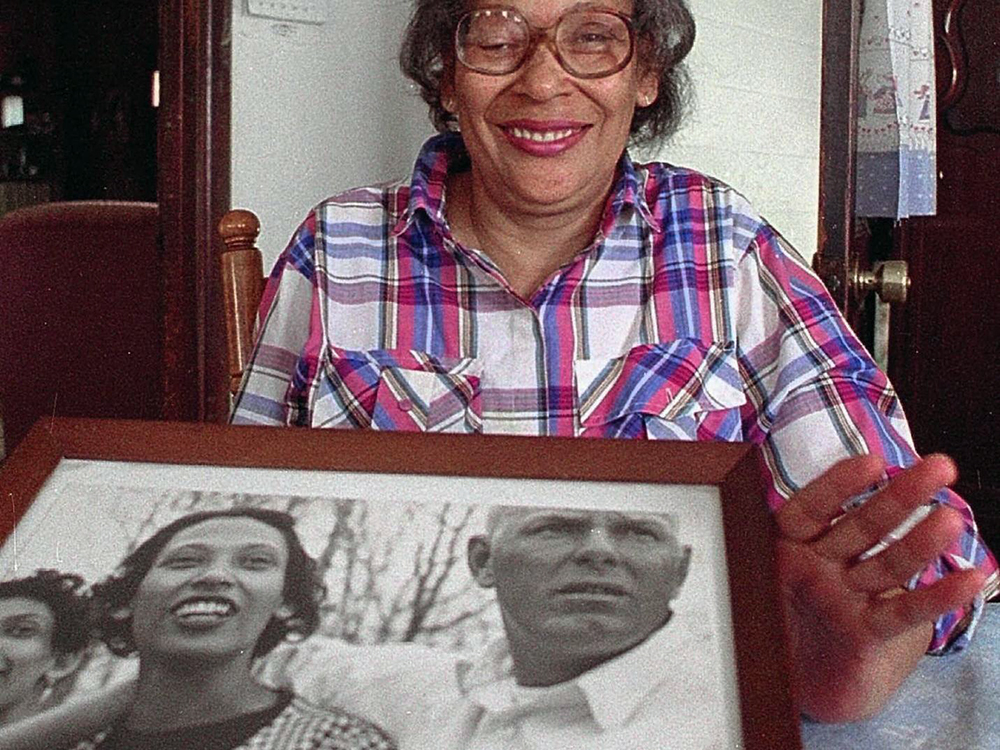
In 1963, she wrote a letter to Attorney General Robert F. Kennedy, asking for help. Kennedy referred her to the ACLU. From that moment, the Lovings’ private struggle became a national case. Their fight went all the way to the Supreme Court, where nine justices heard the question: Could love itself be a crime?
On June 12, 1967, the Court answered. In a unanimous ruling, Chief Justice Earl Warren declared:
“The freedom to marry has long been recognized as one of the vital personal rights essential to the orderly pursuit of happiness by free men.”
The Lovings had won—not just for themselves, but for countless others. The decision struck down interracial marriage bans across America, helping dismantle the legal framework of segregation itself.
For Richard and Mildred, however, the ruling was not about politics or history books. It was about going home. It was about raising their children without fear. It was about being free to simply exist—husband and wife—in the place they loved.
Tragedy struck in 1975 when Richard was killed in a car accident. Mildred, injured but surviving, carried on quietly. She never sought fame or credit for changing the law of the land. But decades later, as debates on marriage equality continued, she spoke once more. On the 40th anniversary of the Loving v. Virginia ruling, she issued a statement that carried the same quiet wisdom that had defined her life:
“The older generation’s fears and prejudices have given way, and today’s young people realize that if someone loves someone, they have a right to marry.”
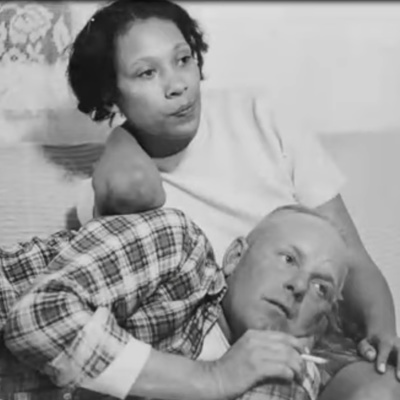
She died in 2008, having lived long enough to see her family’s name—Loving—become a symbol of justice.
Today, when we say “love conquers all,” we think of Richard and Mildred Loving. They never set out to change the world. They only wanted to live as husband and wife. But in their fight to love freely, they gave the world proof that love is not only powerful—it is unbreakable.
